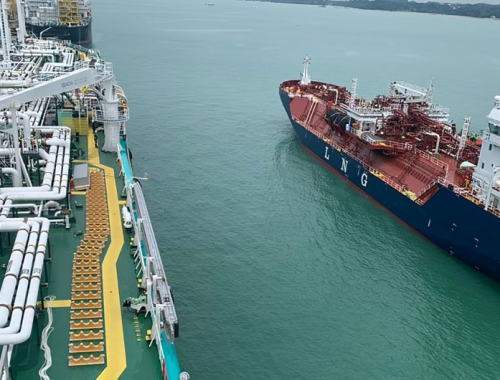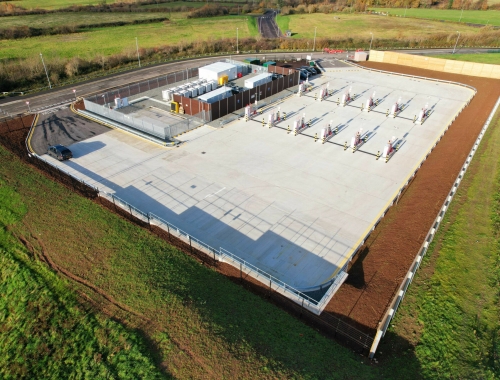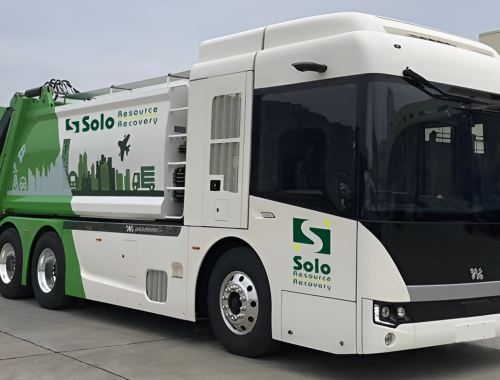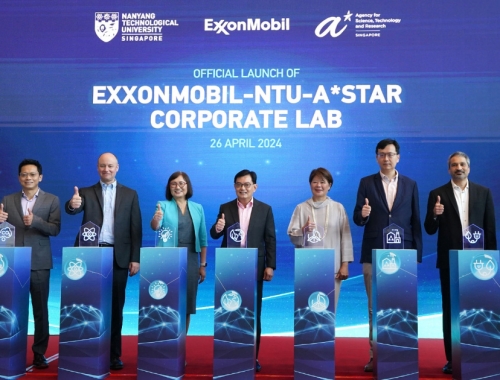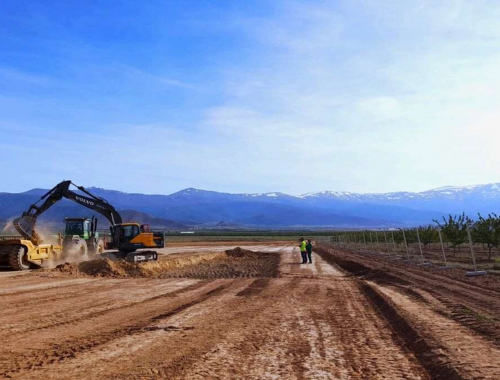Klarian: Transforming pipelines for the sustainability age
SUMMARY
Klarian is an innovative technology company that optimises pipeline infrastructure for improved environmental performance. We spoke with Klarian CEO Rob Clegg about how the company is harnessing data analytics to equip midstream and upstream companies with hidden insights and critical information to better manage assets safely, sustainably, and profitably.
By Mike WeberPOSTED IN:
Q: Can you briefly tell us about what Klarian offers for upstream and midstream companies highlighting both the operational and environmental benefits?
A: To manage operations efficiently, operators need the right data available to the right people at the right time. Klarian provides an end-to-end service to optimise pipeline assets.
Our analytics platform, Digipipe, analyses pipeline data to unveil hidden insights. For example, by acquiring pump and compressor data, Digipipe provides a comprehensive view of pump performance, efficiency and health. This allows upstream and midstream companies to make data-driven decisions about how to allocate resources, prioritise maintenance, and optimise pump operations. The operational benefits increased productivity, efficiency, and profits.
Moreover, Digipipe optimises pipeline assets so less energy is used to sustain desired throughput. Digipipe reduces operators’ energy consumption resulting in lower carbon emissions and reduced energy costs.
Q: Your Digipipe solution allows for real-time remote monitoring. How much of a game-changer is this capability for pipeline operators?
A: Digipipe allows our customers to remotely monitor their assets in real-time, with the ability to view performance data, alerts, and analytics from any device with an internet connection. It’s a big game changer for operators with systems which may not have been designed to capture, aggregate and process high resolution data from multiple, and often disparate, sources. Digipipe is able to send automated alerts and notifications when equipment (e.g. pumps/compressors) are operating outside desired parameters. It helps operators be proactive, rather than reactive. Moreover, it enables operators to make data-driven decisions in real-time, significantly improving the efficiency and reliability of pipeline operations.
Q: The Industrial Internet of Things is revolutionising sustainability in the oil & gas sector. Can you tell us about how you are harnessing AI, algorithms, and data analytics to improve pipeline management for your customers?
A: We’re making the most of AI, algorithms, and data analytics to redefine pipeline management for our customers. We develop our own proprietary AI algorithms to reveal meaningful data slices, hidden insights, and actionable intelligence to give operations critical information to manage assets safely, efficiently, and profitably.
We apply our AI/ML data transformation in stream rather than batching offline. By handling data as it arrives and analysing it in stream, we reduce latency for faster results. Running AI/ML transformations in-stream also facilitates continuous learning and adaptation, delivering insightful analysis on the fly based on the most recent data. Our application of AI/ML helps operators make faster and smarter decisions with ease, thereby maximising throughput and reducing energy usage.
We’ve also developed DigipipeNexus, an intelligent edge controller that collects operations data and processes data locally before transmitting it back to the Digipipe platform. Data source agnostic, DigipipeNexus empowers companies to access critical data in real-time, enabling better decision-making, improved asset management and reduced downtime. It can perform statistical analysis and data transformations on a broad range of digital and analogue IIoT sensors, making it suitable for a wide range of applications such as asset/power optimisation and predictive maintenance.
Q: How long does it take to get your Digipipe system set-up on a customer’s pipeline? Is it a case of setting up a completely new monitoring system and halting operations briefly or is it a solution that can be integrated into an existing system quickly and without disruption?
A: We designed Digipipe with the operator in mind. Installation is quick and easy, with no need to halt operations.
Digipipe is designed to integrate with existing systems, our goal is to provide a smooth transition that causes minimal disruption, while maximising the value and insight operators obtain from our system.
Q: Regulatory compliance is tightening for transporting oil and gas by pipeline. Does your software support companies with reporting requirements and demonstrating regulatory compliance?
A: Digipipe provides comprehensive reporting capabilities that make it easier for companies to demonstrate compliance with regulations. It can track key performance indicators, record incidents, and document corrective actions. Digipipe gives operators detailed, accurate data at their fingertips; invaluable in inspections and audits, helping companies prove their commitment to safety and environmental standards.
Q: What markets are your customers located in now and do you have plans to expand to new markets in the future?
A: Currently, our main customer base is in the UK. We recently announced how we are working with one of the UK’s leading onshore pipeline operators, British Pipeline Agency (BPA), to improve efficiency. At the end of 2022, BPA asked us to investigate the pumping operations of a jet-fuel pipeline supplying a major UK airport. Deploying Digipipe, we identified several potential opportunities for BPA to improve operational efficiencies and effectiveness.
We’re excited about expanding into new markets. We see significant potential in Europe, the Middle East and North America, where the demand for efficient, safe, and sustainable pipeline operation solutions is growing. We’re continuously exploring these opportunities and look forward to bringing our technology to new regions soon.

